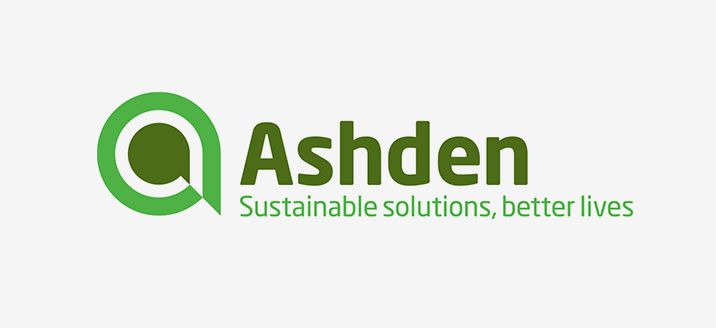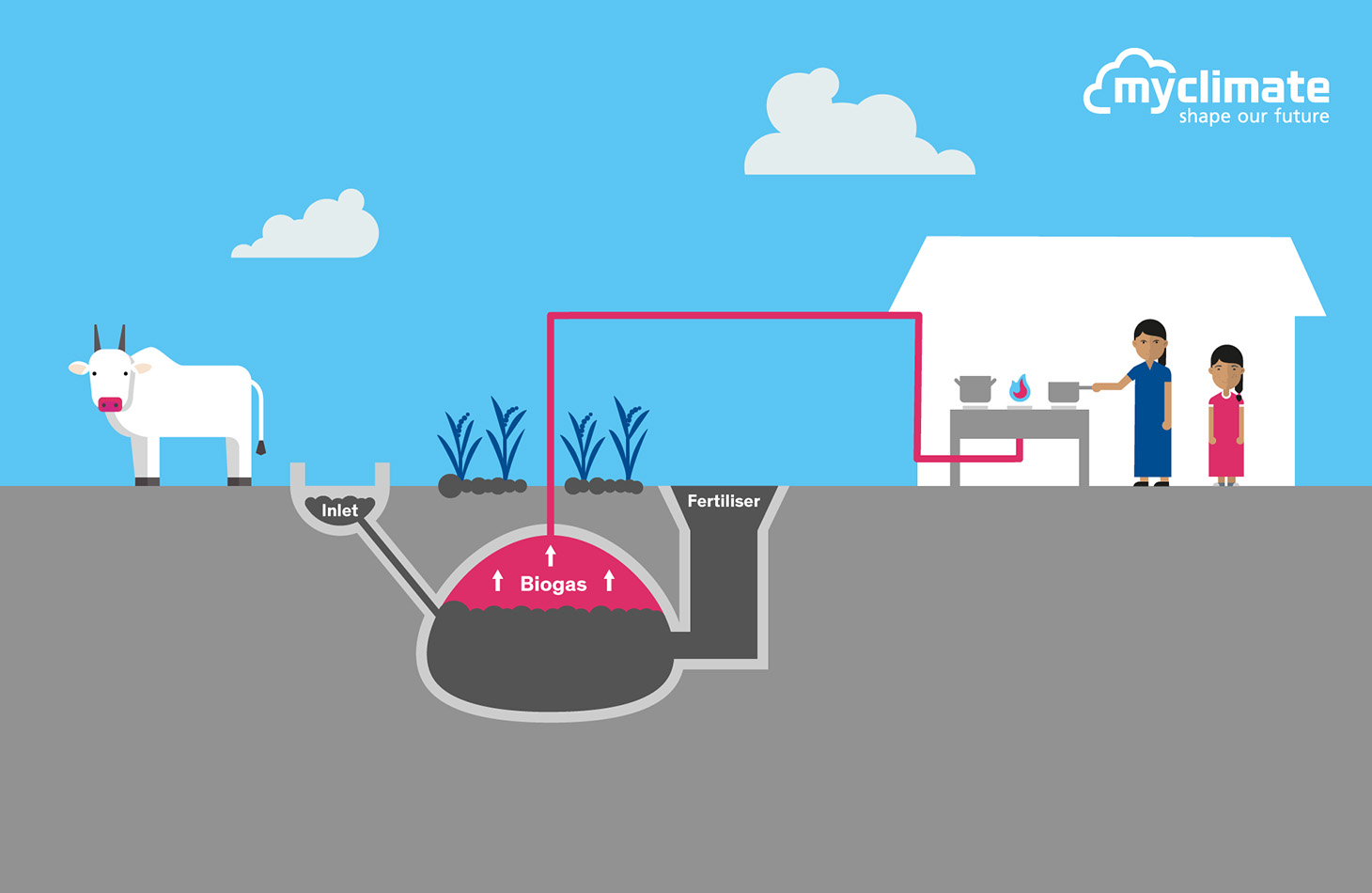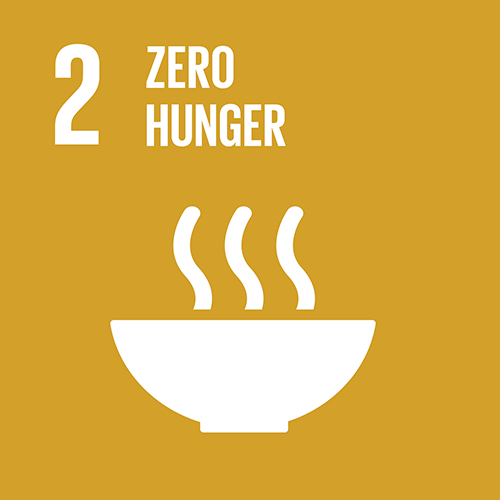Transforming waste into biogas in Vietnam
Project type: Biogas
Project location: Vietnam
Project status: Completed, credits available
Annual emission reduction of the whole project: 430,000 t
This climate protection project effectively helps both fight climate change and access to clean energy by building biogas plants in communities across rural Vietnam. For farmers in Vietnam, using waste to generate clean, sustainable energy saves them precious income while improving their family’s health and the environment.
People on the rural countryside of Vietnam are facing increasing challenges to secure energy for cooking and live. Their access to traditional cooking fuels is declining. The commercial fuels are expensive. The collection or purchasing of firewood deplete natural resources and damage the environment. The income spent on these fuels and the time spent by women and children gathering it could be used for other activities such as income generation, school and leisure. Moreover, the firewood is often burned indoors resulting in respiratory and eye problems. On the other hand, animal husbandry causes considerable sanitary and environmental pollution problems for rural households.
How biogas works
Biogas displaces smoky cooking fires. Human waste and animal dung are collected in a reservoir. As the waste decomposes it releases methane gas which is piped into homes and burned for fuel. The remaining waste yields an organic fertilizer by-product used by farmers. The biogas displaces carbon emissions from firewood, LPG and agricultural residues that were used before using biogas plants. Moreover, biogas plants prevent methane emissions from pig manure, which without a biogas plant is deposited in pits near the household, which rots anaerobically and emits methane.
Contribution to biodiversity and sustainable development
Using biogas instead of firewood and LPG means more of Vietnam’s forest is preserved which also results in less pressure on fauna and flora. Other benefits include saving on fuel purchases and less time spent by women gathering cooking fuel. The programme creates jobs in training local masons to build and maintain biogas digesters. The remains of the biodigester plant, the bioslurry is often used by the households as nutrients for their fish ponds or as organic fertilizer on their rice and corn fields, for growing coffee or fruit trees. A biogas user survey revealed that crop yields have been increased by five to 20 per cent.
It was a very hard time when I had to spend many hours a day climbing hills and mountains to collect wood. Now I just go home and turn the biogas cooker on and cook. Before, we suffered a lot from mosquitoes and smell and complaints from our neighbours. Nowadays, when I clean the swinery, the manure goes straight to the biogas digester and I use the slurry to fertilize the farm.
Awards and Implementation
The programme won the prestigious “Energy Globe Award”, “Ashden Award” and the “Humanitarian Award” of the World Energy Forum and is on track to meet its goal of constructing 200,000 locally produced household digesters for farmers by 2020. The programme is implemented by the Vietnamese Ministry of Agriculture and Rural Development (MARD) together with its partner SNV Netherlands Development Organization.
Carbon Finance is used to make the construction of biogas plants more affordable for the pastoralist families covering 70% of the total project costs. It is also used to provide additional financial support to install the units in classified “poor” districts as well as for capacity building for stakeholders, R&D activities and quality management.
This project contributes to 10 SDGs (as of end 2021):
Find out how myclimate reports these SDGs in our FAQ.
The following SDGs are verified by the Gold Standard:
850,000+ people save on fuelwood costs and financially benefit from increased yields. Costs for fossil fuels are reduced by 60 per cent.
More than 60% of the households use the bioslurry as organic fertilizer and replace chemical fertilizer.
More than 850,000 people benefit from better air quality in the houses resulting in less respiratory and eye problems.
Increase number of youth and adults with information and communications technology (ICT) skills
The programme contributes to a reduction of 1-1.5 hours/day spent on collection of wood, cooking and housework for women and children.
In 2019 more than 166m kWh clean energy were produced.
2,700+ jobs have been created (e.g. masons, electricians etc.)
2 tonnes of firewood per installed biodigester per year for cooking is replaced. A quality management system ensures the plant's efficiency and sustainability.
Since programme start already more than 3 million tonnes of CO2 emissions avoided.
15,935 hectares of forest preserved since programme start (that’s 25,000 football pitches).
Situation without project
Using firewood and kerosene for cookingDocumentations
Project standard

Awards

Awards

Project number
7229
Awards
















